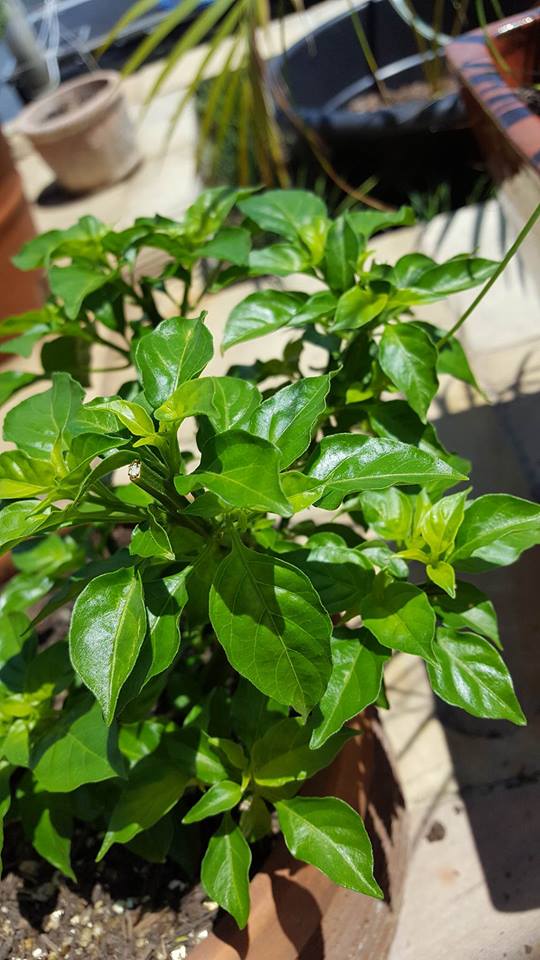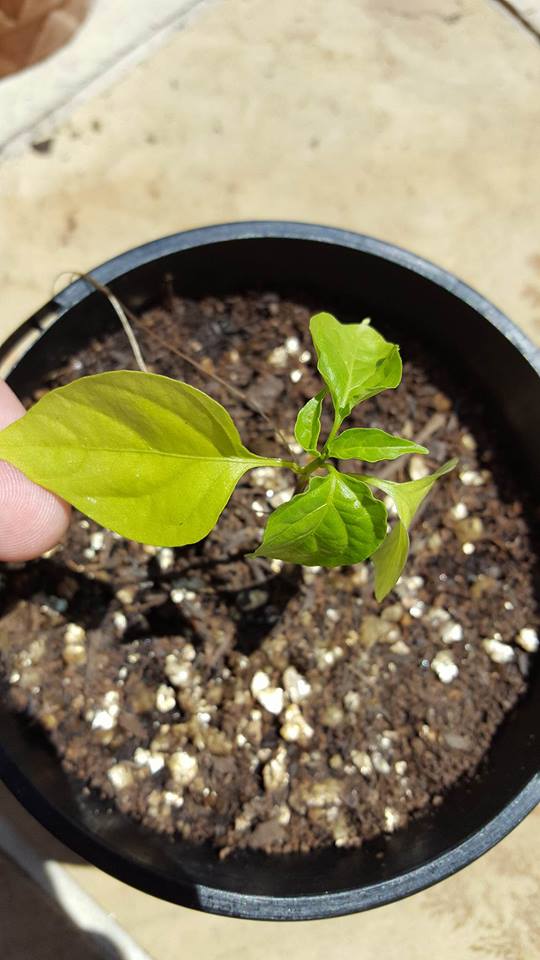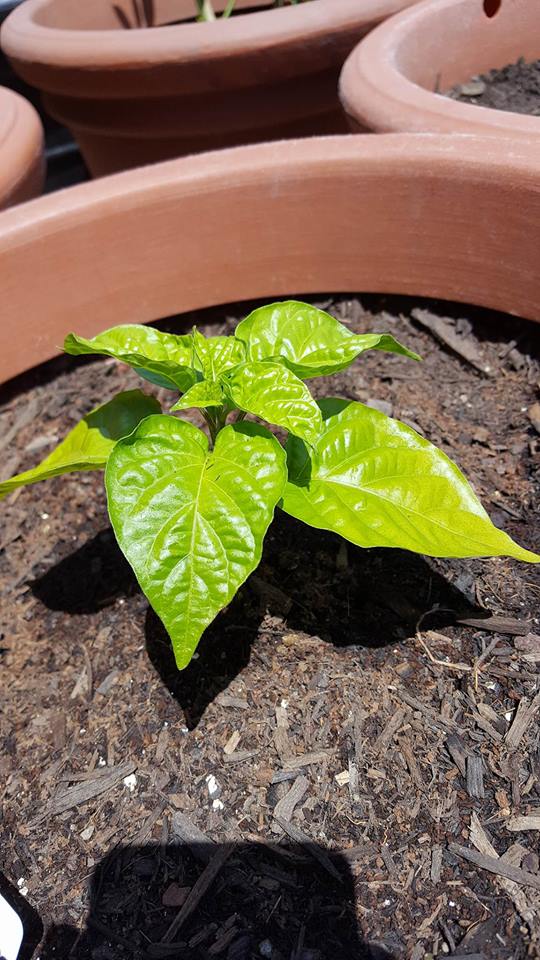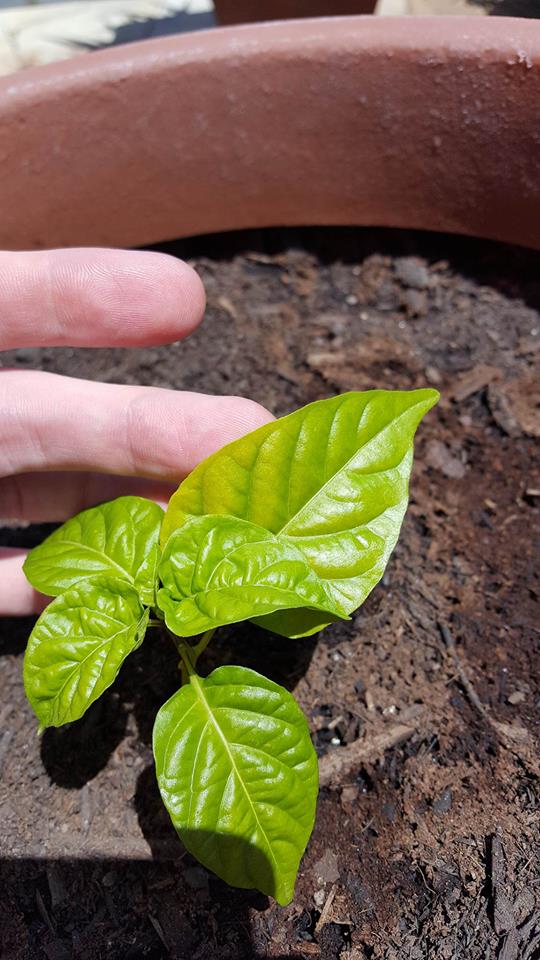Fairly new to growing peppers and was hoping I could get some assistance with identifying problems with my plants. Been fairly hot recently so I've been watering them every 2-3 days. There has also been substantial rain between watering which may be the issue. I haven't applied fert yet, only providing the plants with liquid seaweed once a week. I've started applying epsom salt as a foliar spray with no noticeable results as of yet. Here are some photos of the plants.
Carolina Reaper:

New growth is yellowish
Cayenne:

Yellow older leaves
Red Savina:

Pale leaves
Caribbean Habanero:

Yellow between the veins of older leaf.
I have a strong feeling it is to do with the nutrients provided to the plants but wanted to be certain before I jump to conclusions.
Any input would be great.
Carolina Reaper:

New growth is yellowish
Cayenne:

Yellow older leaves
Red Savina:

Pale leaves
Caribbean Habanero:

Yellow between the veins of older leaf.
I have a strong feeling it is to do with the nutrients provided to the plants but wanted to be certain before I jump to conclusions.
Any input would be great.


